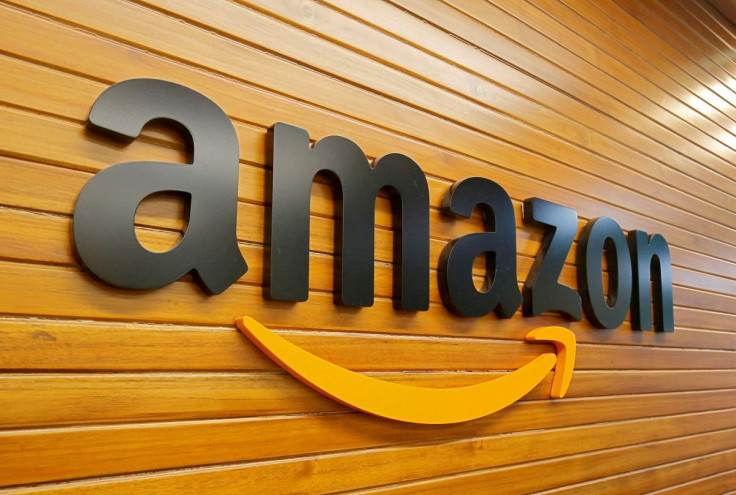Explained: Battle Between Amazon And Reliance To Rule Over India’s Vast Retail Market

India's vast grocery business is caught in a protracted legal battle with global e-commerce giant Amazon, whose CEO is one of the richest persons on the planet, and Reliance Retail, India's largest retailer chain in terms of revenue, vying for the numero uno position in Asia's second-largest economy.
Ahead of a hearing in India's Supreme Court to halt the $3.4 billion deal between its estranged partner Future Group and Reliance Retail, Amazon March 16 raised objections to the purported move to transfer Future Group's assets to the Mukesh Dhirubhai Ambani (MDA) group. Reliance Retail is part of MDA and its owner Mukesh Dhirubhai Ambani is the richest Asian currently.
In a public notice, which was published in newspapers, Amazon said that assets are being sold in a clandestine manner by playing fraud on courts.
"It has now come to light that FRL [Future Group] and its promoters have been trying to remove the substratum of the dispute by purportedly transferring and alienating FRL's retail assets comprising the retail stores in favor of the MDA group," Amazon said in the public notice.
In the notice, Amazon warned the founders of Future Group of civil and criminal consequences.
The public notice has further complicated the legal battle between Future Group, Jeff Bezos-owned Amazon, and the Ambani-controlled Reliance Retail. India's vast e-commerce retail sector is currently dominated by Amazon and Walmart-owned Flipkart.
Their battle for supremacy has spilled over to the streets as Amazon and Reliance are vying to get control over Big Bazar stores of Future Group, which are located in multiple places across the country.
It is reported that Reliance has taken over nearly 500 Big Bazaar stores operated by Future Group's parent firm as it is facing an acute financial crisis.
Reliance's takeover started Feb. 25 and it has started offering jobs to employees of Future Retail stores by bringing them on Reliance Retail's payroll.
After India allowed 100 percent FDI in food retail in 2017, making way for companies like Amazon to sell food items on online and offline platforms, big retailers are integrating all functions - production, storage processing, packaging, and transportation to tap the vast Indian retail market.
The ongoing fight between Amazon and Reliance Retail is part of this. Since its entry into the second most populous nation which has a large young demographic profile, Amazon hopes to export $10 billion worth of India-made goods by 2025 globally.
In 2020, Reliance acquired leading retail company Future Group's entire business, and its popular 1,800 Big Bazaar stores to get access to Indians across the country. Future Group then owned the second-largest retail network in the country. The deal with Future Group gave Reliance Retail the leadership position in the online and offline retail segments.
In a 2019 pact, Amazon had picked up a 49 percent stake in Future Coupons, a subsidiary company of the Future Group, and a 3 percent in the Future Retail Group.
As per the terms and conditions of this deal, Amazon would have the first right to buy Future Group in the future. Under a clause in the pact, Future Group cannot sell its assets to a list of companies, including Reliance Retail, who are Amazon's competitors. This deal was the green signal of the Competition Commission of India, the concerned government agency.
As per this agreement, Amazon challenged the 2020 deal between Reliance and Future Group. But the global retail giant took the international route and moved the Singapore International Arbitration Centre (SIAC) as per the dispute clause in the agreement and managed to secure an order in its favor on Oct. 25, 2020.
However, Reliance Group failed to comply with the order, saying that a Singapore tribunal's order has no legal validity in India. Now the matter is pending in India's apex court and other lower courts.
























